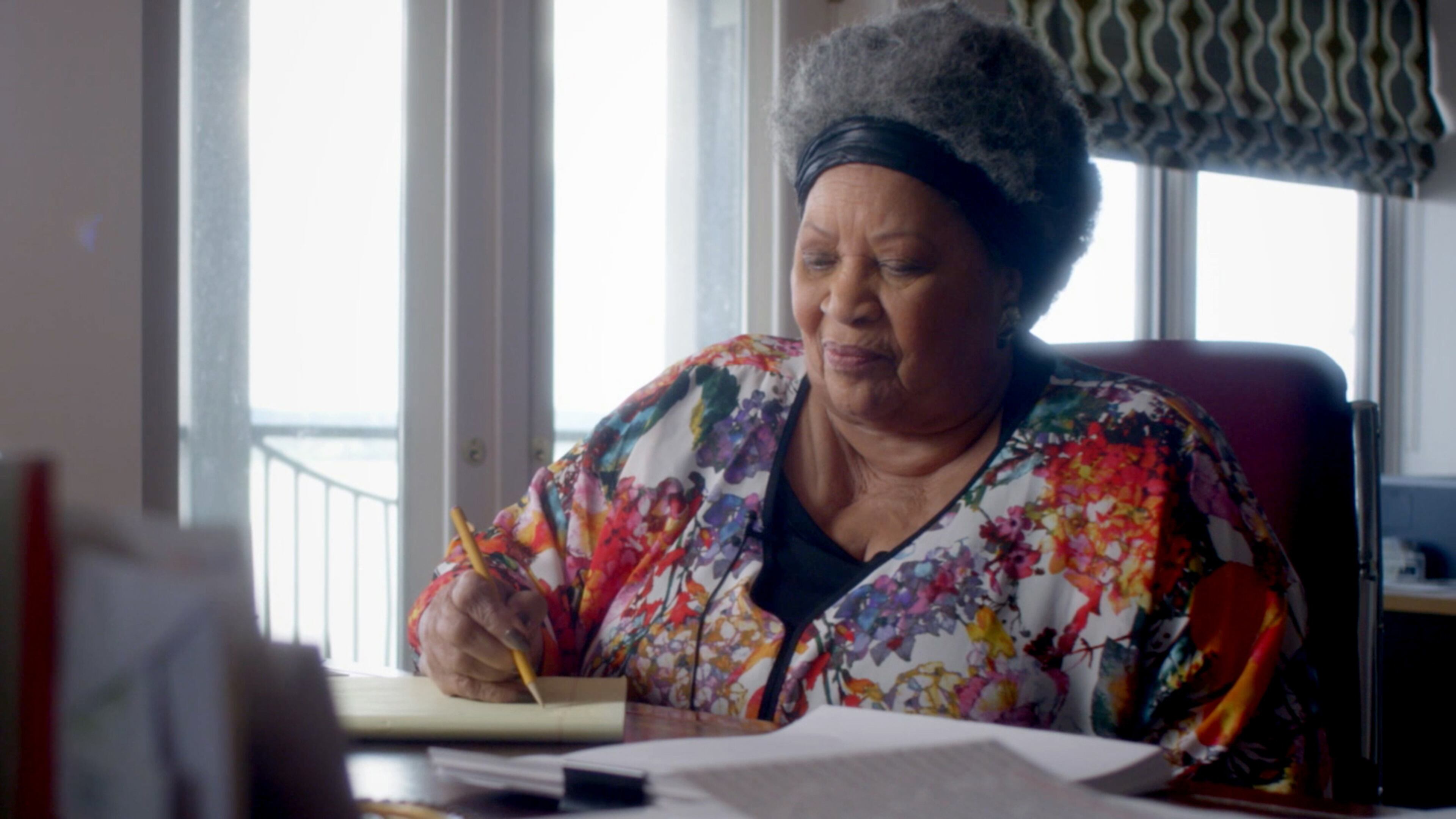Documentary honors great storyteller Toni Morrison

Before Toni Morrison, no African American — let alone an African American woman — had won the Nobel Prize for literature. The 1993 honor served as an adjustment to this country’s literary canon, which includes such previous honorees as William Faulkner and Ernest Hemingway.
In the new documentary about the writer, “Toni Morrison: The Pieces I Am,” there is an acute awareness that despite her accomplishments, her position in the canon somehow invites controversy. “Pieces” is not a traditional biography, but instead tracks an evolution: from literary iconoclast to stateswoman.
When Morrison speaks on camera, she looks directly at the lens. Director Timothy Greenfield-Sanders (who won a Grammy for “Lou Reed: Rock and Roll Heart”) has a background in portrait photography, so he clearly has the rare knack to put subjects at ease. This knack is necessary because the interviews with Morrison frame the film, although its subject does not look back on her life in a stereotypical way. Greenfield-Sanders structures his film like Morrison structures her novels: as a series of evocative sketches, jumping forward and backward in time, until they create a complete emotional arc. There are some more typical interviewees, including Oprah Winfrey and Angela Davis, yet the film returns to Morrison like a nurturing (albeit distant) figure.
There are many details about her early career: While writing her first novels, for example, she worked as an editor at Random House, where she edited autobiographies by Angela Davis and Muhammad Ali. In 1974, She published “The Black Book,” an innovative anthology of photographs, printed ephemera and other windows into African American life. This experience informs her novels, and the way in which they chronicle her characters in exquisitely devastating ways.
Morrison never shied away from depicting institutional cruelty or sexuality, which is why such novels as “The Bluest Eye” (1970) are still, in some circles, controversial.
“The Pieces I Am” sometimes omits key episodes from her life. Morrison does not discuss the death of her son Slade, for instance, who co-authored children’s book with her and who died of cancer at 45. This omission merely confirms the film’s larger purpose: Its focus is on the work — “Song of Solomon” (1977), “Beloved” (1987); etc. — and what those books mean. Oprah and other interview subjects can sound a little hyperbolic in their adoration at times. Then again, her books have that effect on people.
The film suffers from some of the familiar bad habits of the biographical documentary. At times, Greenfield-Sanders provides too many images and too much context, almost as if he doesn’t trust his own subject. The use of music — more filler than necessary at times — is also cloying.
But even without these missteps, viewers are likely to lose patience whenever Morrison is not on screen. Few writers have her ability to conjure a mental image, and her soothing voice is a delight. It doesn’t matter whether you’ve have read all — or any — of Morrison books. Either way, you may leave the theater wanting to pick one up on the way home. The good news is there are so many to choose from.
MOVIE REVIEW
“Toni Morrison: The Pieces I Am”
Grade: B
Starring Toni Morrison, Oprah Winfrey and Angela Davis. Directed by Timothy Greenfield-Sanders.
Rated PG-13 for some disturbing images/thematic material. Check listings for theaters. 1 hour, 59 minutes.
Bottom line: Focuses on the work and what it means

